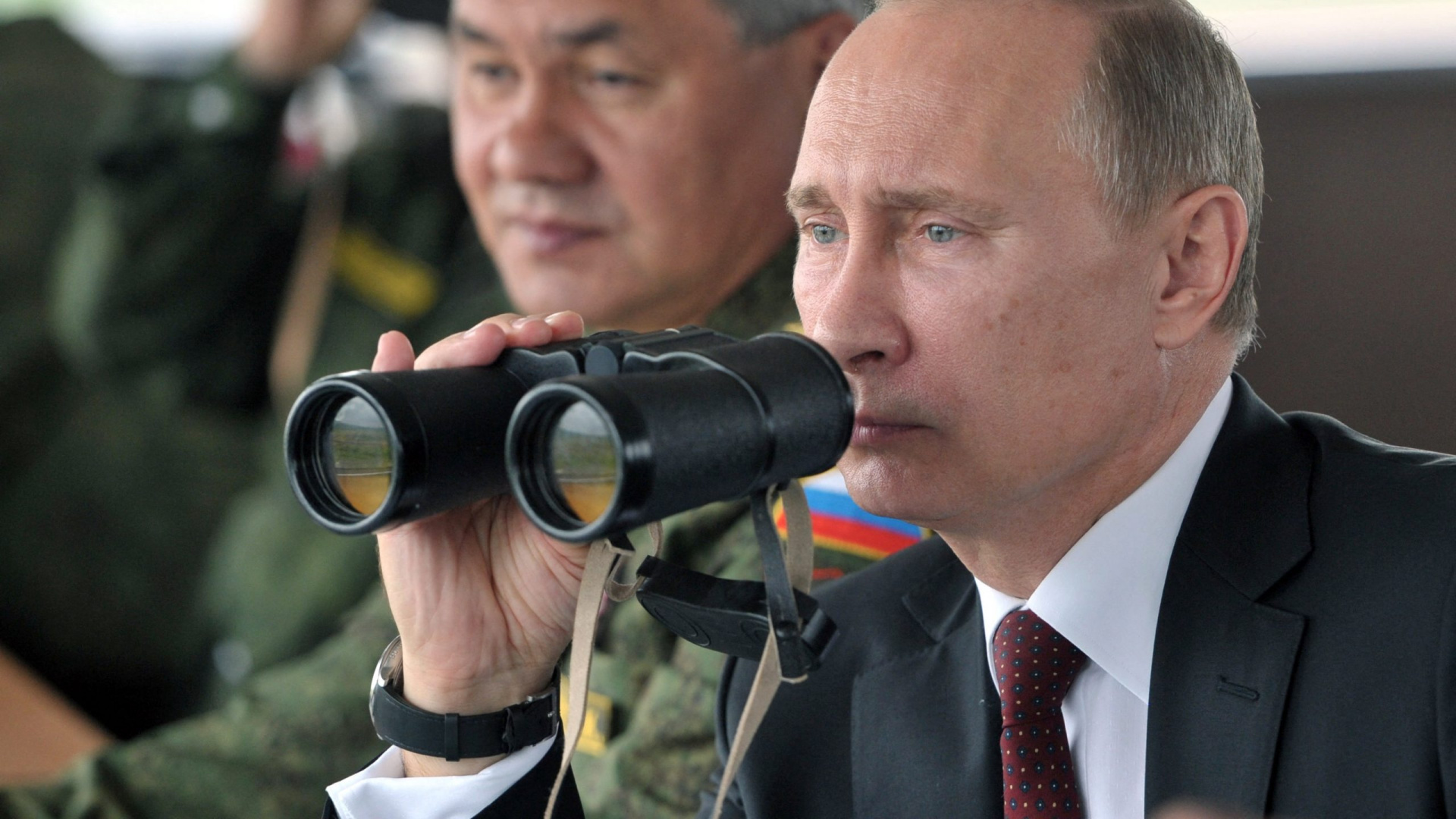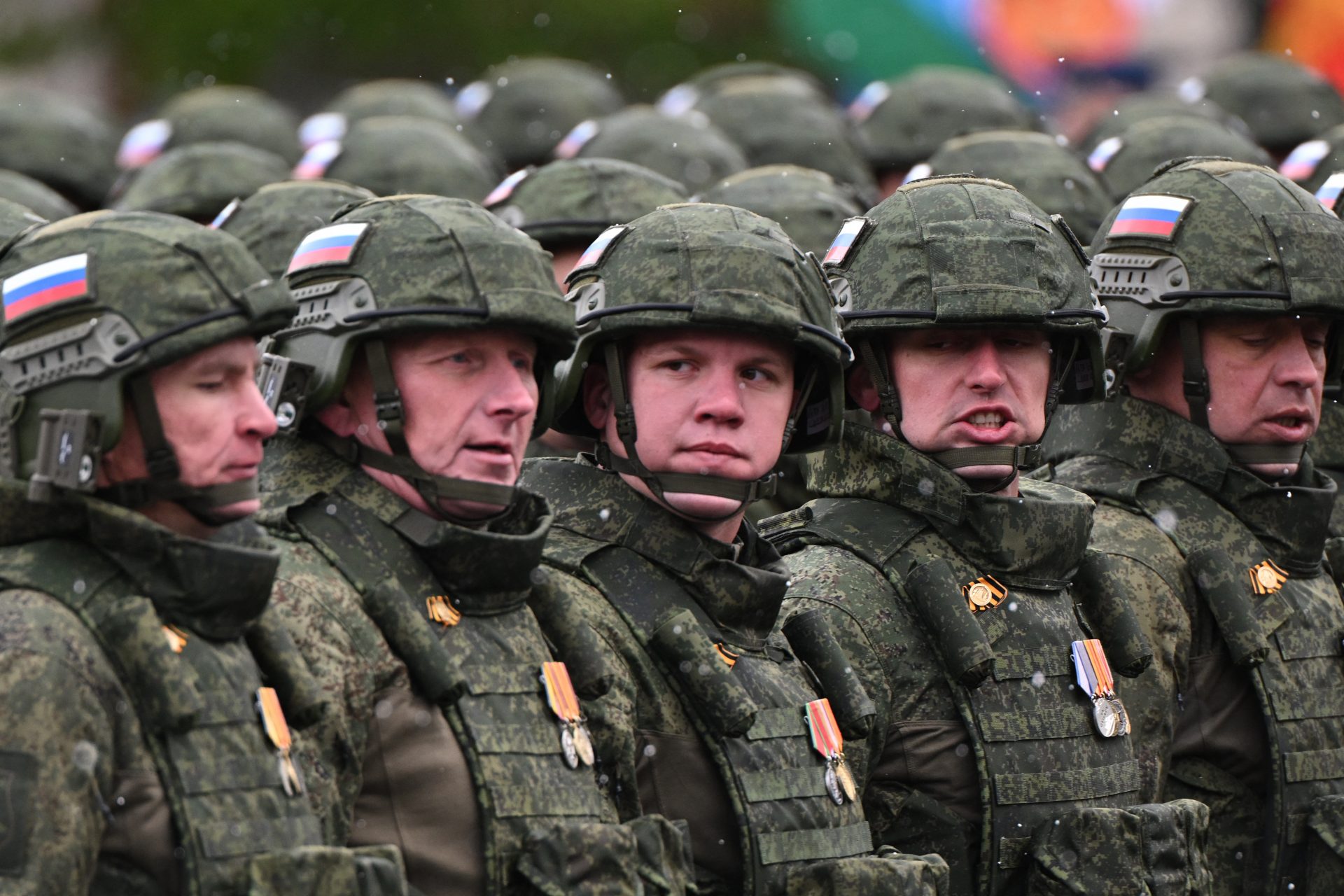Why Russia 'had' to invade Ukraine, according to Putin
Is war ever justified? That's a question for philosophers. However, every person who has ever declared war had their reasons or at least their excuses.
Whatever the world says, Vladimir Putin is convinced that his war in Ukraine is justified.
Russian media historian Ilya Yablokov listed in a New York Times op-ed the five conspiracy theories that the Kremlin has been using to rationalize the invasion of Ukraine. These are the justifications:
The first of the five theories Yablokov lists is that “The West wants to carve up Russia's territory.”
The article quotes Putin in his belief that "everyone" wants a piece of Russia. He evokes feelings in the Russian population from the Cold War, when the West was always an existential threat.
According to Yablokov, the Kremlin is also promoting the claim that “NATO has turned Ukraine into a military camp.”
The media historian says this has become a useful motivation to move Russian voters towards Putin. 'The enemy' is on the Russian border, so to speak.
Another useful motivation? The Russian opposition, led by figures like Alexei Navalny, poses a threat from within. Navalny is currently in prison.
The New York Times op-ed added to the third conspiracy theory that the opposition — who wants to destroy Russia from within — is “backed by the West.”
“The global LGBT+ movement is a plot against Russia.” According to Yaboklov, this is another example used by the Kremlin to frame a polarizing conflict between the West and Russia.
Putin claims that with his war he only defends the traditional Christian values of the Russian people. It is one of the most divisive points the Kremlin is using against the West.
The fifth and final theory goes beyond the rhetoric and poses a serious charge: "Ukraine is preparing to use bioweapons against Russia."
Even Russian Foreign Minister Sergei Lavrov (pictured) has shared this argument to fuel the ongoing conflict.
These theories are constantly shared by the Russian media. But does it also mean that the Russian people support the war?
Image: Artem Beliaikin / Unsplash
It is difficult to say to what extent the Russians actually believe these theories. There are few opportunities to accurately gauge the mood of the population in the closed-off country.
Some stick the letter Z on their windows: a signal that has become a pro-Putin symbol over the course of the war.
Others protest the invasion. There are images of demonstrations in Moscow and other cities. However, many activists end up in prison for protesting 'illegally', according to the Kremlin.
Can elections provide a clear picture of Russian public opinion? Unfortunately, that too is difficult. The Russian opposition parties hardly have the same opportunities to campaign during elections as the pro-government camp.
(In the photo: Alexej Navalny addresses the court from prison in an appeal against his prison sentence.)
More for you
Top Stories































